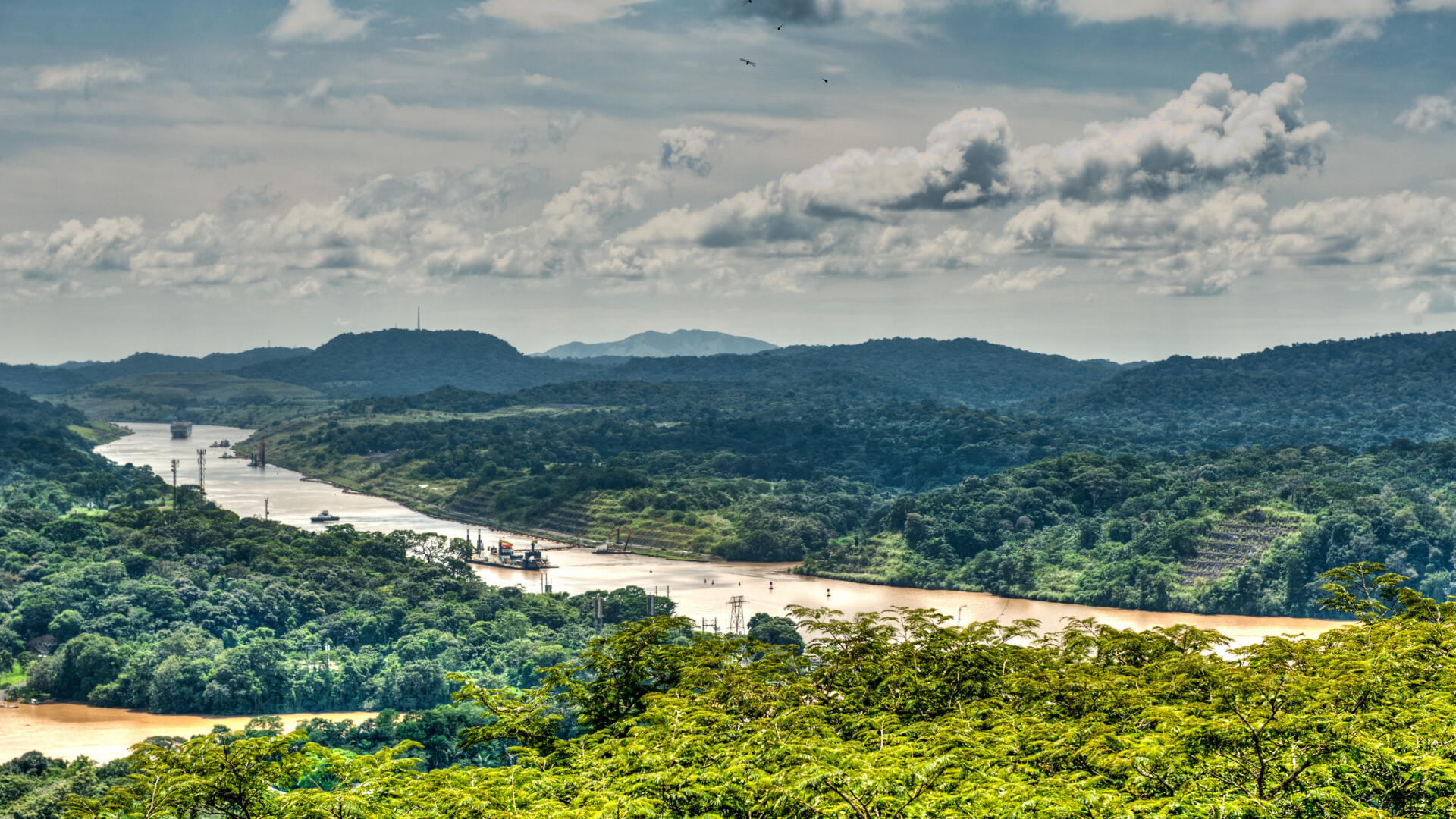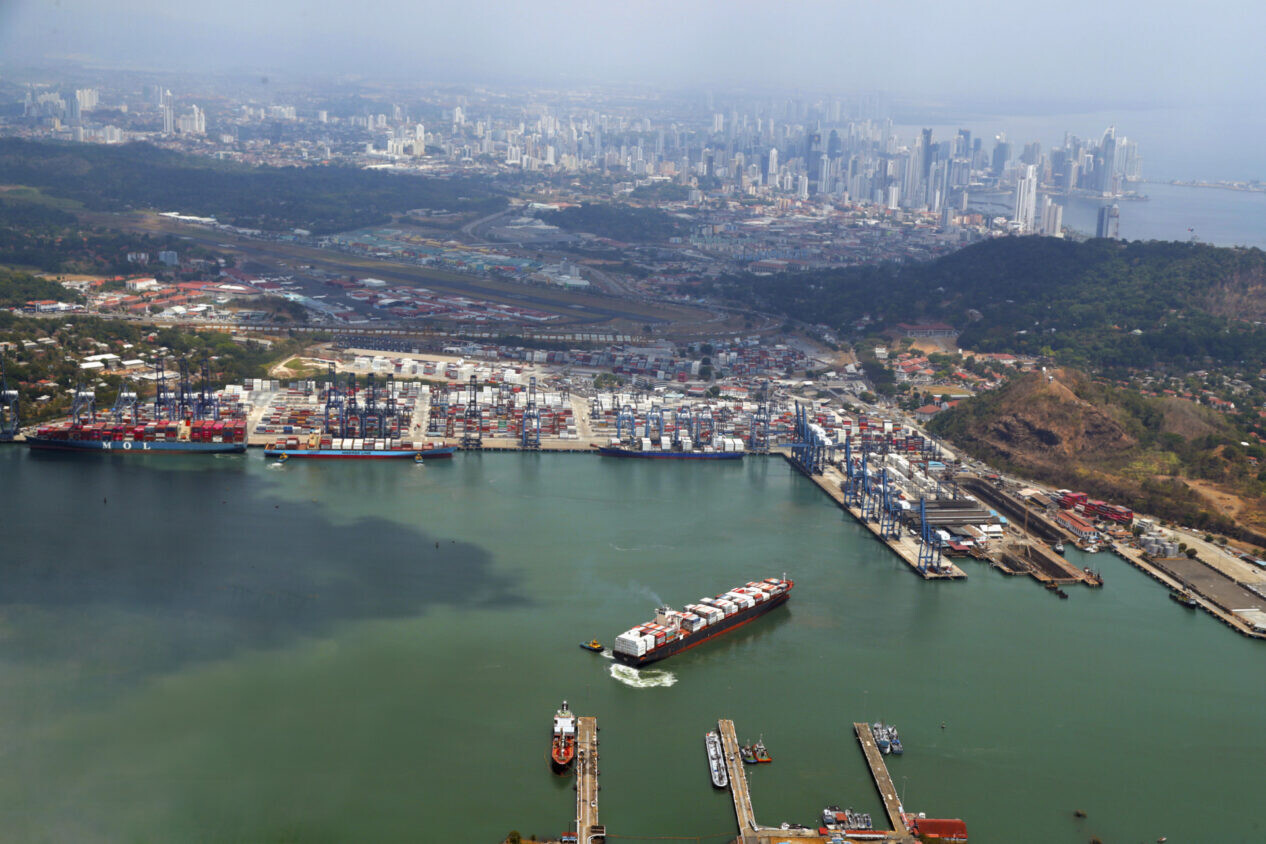Panama – a sustainable investment hub
In the first Panama Day UK since the pandemic, the strategically-located Central American country showcased opportunities in energy, logistics, finance, digital services and agriculture...

On the 18th of May 2023, PROPANAMA held Panama Day UK. It was an overview of Panama's potential as a sustainable investment platform and a delegation of Panama’s business elite announced exciting new investment projects to an audience of investors in London.
“Panama is full of opportunities”, says H.E. Diego Ortiz de Zevallos, Deputy Administrator of PROPANAMA. “We have identified three hubs: logistics, digital and food – that can attract investors. The logistics hub involves the extensive infrastructure developed for moving cargo. Everybody knows about the Panama Canal but we also have huge ports in the Atlantic and the Pacific.”
But there is more to Panama than the Canal, explains Ortiz. “Our digital hub is based around the six fibreoptic cables that pass through Panama. We have leveraged that by developing a legal framework – including data protection that prohibits the government from accessing international data passing through the country – to encourage data services, such as business process outsourcing. Our declaration of neutrality means any data in the country is safe from geopolitical risks, while extra security comes from the fact that Panama is free of natural disasters.
“With regards to the food hub, the pandemic demonstrated how global supply chains can be easily disrupted. So, we developed an AgroParks Law, which creates free trade zones for agricultural development and research laboratories. We offer all of the incentives to encourage agricultural technology and capital to come to Panama.”
Sustainable partner
There was standing room only at the oversubscribed event, which demonstrates the strong trade and investment links between Panama and the UK. “We have a long-lasting relationship with the UK that is bolstered by an Association Agreement that facilitates trade”, says Ortiz. “Both countries need to work together to help our people take advantage of our trade deal.”

As Panama’s Ambassador to the United Kingdom, Natalia Royo well understands the bilateral relationship. “The UK is the fifth-largest international investor in Panama and there are more than 30 British companies in different sectors such as health, energy, infrastructure and education”, says Royo. “Panama and the UK have shared values and interests in key areas such as environment, technology and education.” Indeed, Panama is the perfect sustainable partner for UK firms because it “is one of only three carbon negative countries – which mean it sequesters more C02 than it releases – in the world”, explains Royo.
Nearshoring
Panama has a well-established neutrality policy. It has long been a close ally of the US, but also recently established diplomatic relations with China. Off-the-record, many investors value the implicit security guarantee that followed the US invasion in 1989. In essence the vital nature of the Canal means that a despotic regime, like we see in Venezuela, wouldn’t be allowed to take power in Panama. But there is also a more prosaic way that Panama will benefit from its close ties to the US – nearshoring.
“English companies that want to export to the US, should do so from Panama”, says Javier Carrizo, CEO of Banco Nacional de Panama, the country’s largest state-owned bank.“We are building the biggest port in the Caribbean, we already have mega ports in the Pacific and we have Tocumen Airport, which is a regional air hub. Panama has the best characteristics to benefit from the nearshoring trend. It is obvious that the US trade policies for many decades were flawed. The US moved so much manufacturing to Asia and ignored its friends in Latin America. That resulted in a flow of migration as Latin Americans look for work in the US. Now there is a push to create supply chains in Latin America.”
One factor that has dissuaded some international firms from doing business with Panama is its presence on money laundering watchlists. But Carrizo is convinced that is about to change. “I expect that this year Panama will leave the ‘Grey List’ of the Financial Action Task Force, which will put us back on the radar of some investors. The Banking Superintendent has done a great job of identifying final beneficiary owners and dissolving companies where a beneficiary couldn’t be found.”
Panama is back
The in-person event was the first time a Panamanian business delegation had visited the UK since before the pandemic. Speakers from Panama included: H.E. Diego Ortiz de Zevallos, Deputy Administrator of PROPANAMA, Natalia Royo, Panama’s Ambassador to the United Kingdom, Javier Carrizo, CEO of Banco Nacional de Panama, Otto Wolfschoon, President of the Panamanian Banking Association.
While from the UK, the audience heard: Richard Burge, CEO, London Chamber of Commerce and Industry; Jeremy Browne, CEO of Canning House; Andrew Mullen M.B.E, CEO of Grupo CSC, Vomik Shaw, UKEF; and Baroness Hooper, CMG, the Prime Minister’s Trade Envoy to Panama.
“We Panamanians have to promote our country because nobody else will do it for us” says Carrizo. “We want the world to know what we have to offer.” Jeremy Browne, the CEO of Canning House, agrees. “Panama is a small country so it needs to make an effort to raise its profile in a way that other countries don’t. Aside from telling people about Panama’s economic statistics, these events are good because they allow UK investors to get a sense of the dynamic business culture that makes Panama stand out.”
“Obviously, it is hard to gauge the impact of one event”, says Browne, “but there is a feeling among attendees that they had to be here. If you don’t attend these events, you could miss that vital conversation, connection or investment opportunity. Ultimately Panama Day UK has been a success because it has got people talking about Panama.”